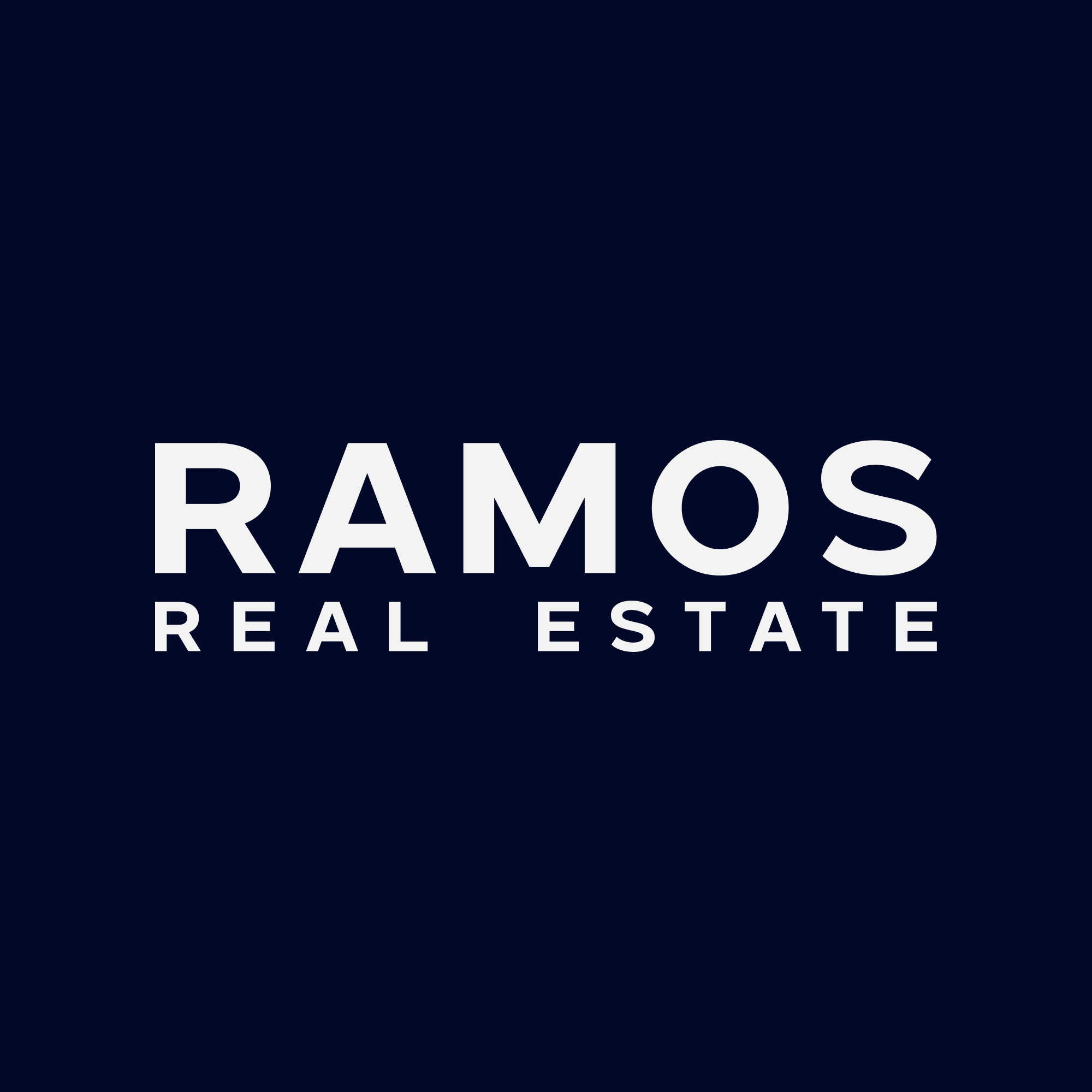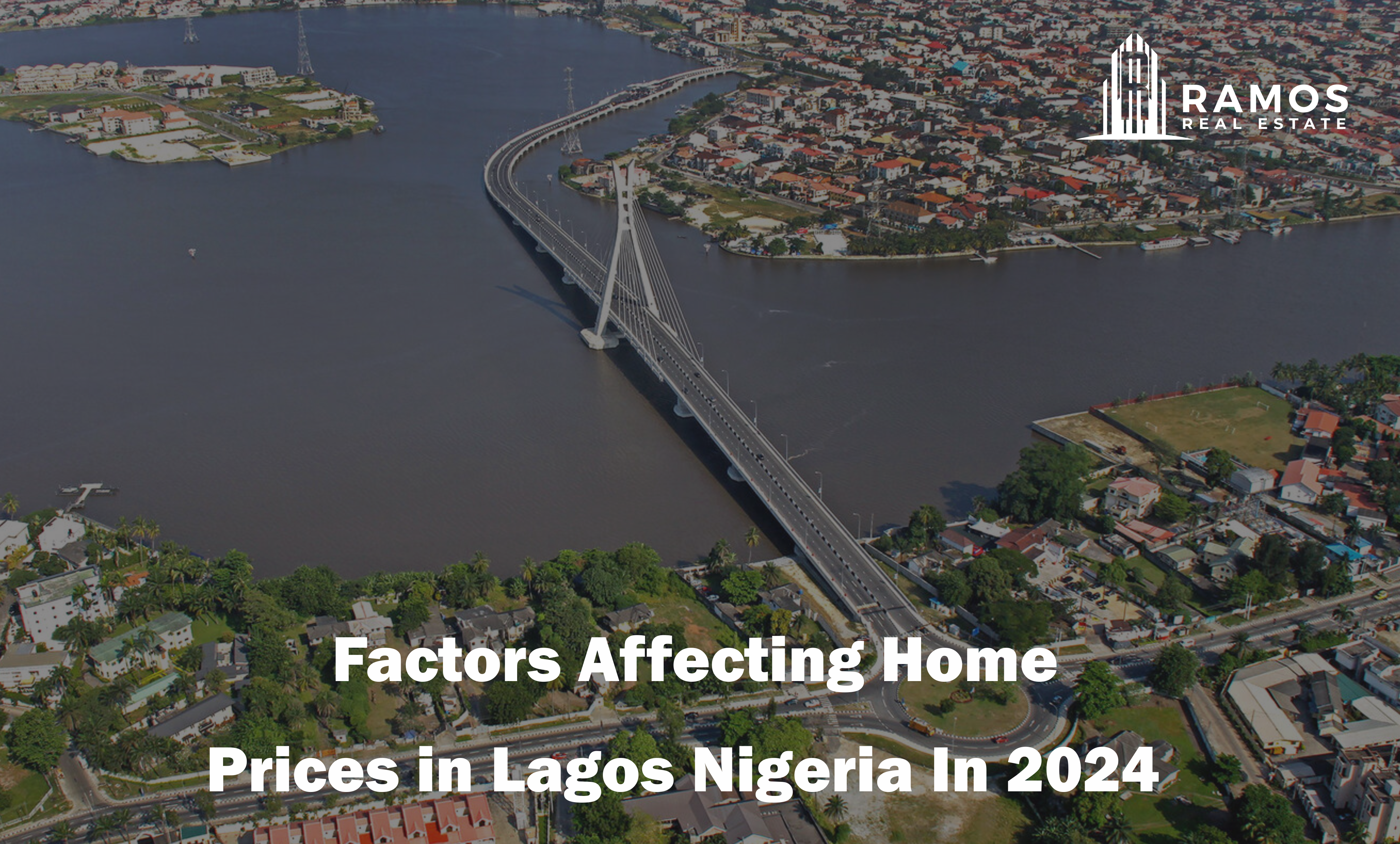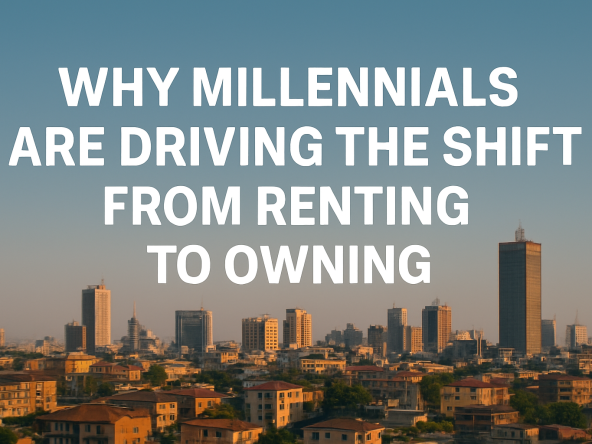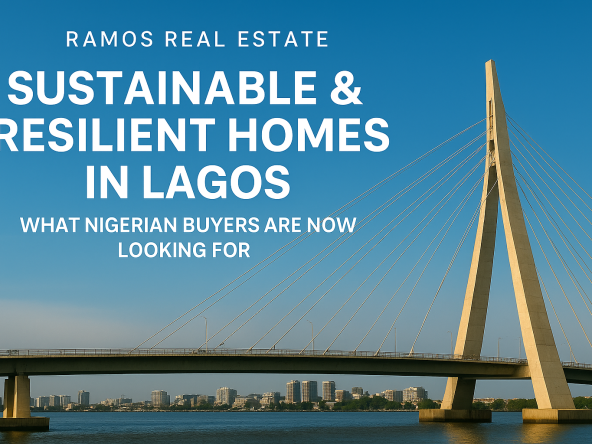Lagos, Nigeria’s commercial hub, continues to witness dynamic changes in its real estate market. Both rental and sales properties in the city are subject to numerous factors that influence their pricing. These factors have grown more complex due to evolving economic conditions, government policies, and social trends. Whether you are a prospective homebuyer, real estate investor, or tenant, understanding these factors can help you make informed decisions.
- Population Growth and Urbanization
Lagos is one of the fastest-growing cities in Africa, with a population estimated to exceed 20 million people. The growing demand for housing due to urban migration has put immense pressure on available properties, leading to price hikes for both rentals and properties for sale. As more people flock to the city for job opportunities, education, and a better quality of life, demand continues to outpace supply, driving prices upward in popular neighbourhoods like Lekki, Ikoyi, and Victoria Island.
- Economic Conditions and Inflation
Nigeria’s overall economic performance, particularly inflation rates, significantly impacts real estate prices. With inflation rates soaring, the cost of building materials, labor, and land have increased. Developers and property owners pass these costs onto consumers, causing property prices to rise. In 2024, inflation has directly affected the affordability of both rental and for-sale properties, especially in high-demand urban areas like Lagos.
- Government Policies and Taxes
Government policies, including taxes on land acquisition, property development, and transactions, play a vital role in determining property prices. Lagos State Land Use Charge and other taxes such as Value Added Tax (VAT) have contributed to the rising cost of owning or renting a property. Changes in regulations or tax incentives can directly impact the real estate market, either by encouraging new developments or limiting the ability of developers to offer affordable housing.
- Infrastructural Development
One of the key factors driving property prices in Lagos is the development of infrastructure. Areas with ongoing or completed infrastructural projects, such as improved road networks, bridges, and access to essential amenities, tend to have higher property values. For instance, the expansion of the Lekki-Epe Expressway and the construction of the Dangote Refinery have made Lekki and its surrounding areas a prime location, thus increasing home prices. Areas with poor infrastructure, on the other hand, may experience slower growth or even a decline in property values.
- Foreign Investment and Expatriate Demand
Lagos is an international city that attracts foreign investments and expatriates, particularly in the oil and gas, finance, and technology sectors. Expatriate demand for high-end luxury apartments and houses in neighborhoods like Ikoyi, Victoria Island, and Banana Island has driven up prices significantly. Properties in these areas are often priced in U.S. dollars, making them more expensive for local buyers and renters due to fluctuating exchange rates. As expatriate demand continues to rise in 2024, luxury property prices are expected to follow suit.
- Supply and Demand Imbalance
The imbalance between housing supply and demand remains one of the biggest factors affecting home prices in Lagos. While demand continues to rise due to population growth and economic migration, the supply of housing, particularly affordable housing, has not kept pace. This shortage has created an opportunity for developers to inflate prices on available properties, leading to high rental and sale prices in certain areas.
- Neighborhood and Location
Location remains a crucial determinant of property prices in Lagos. High-end neighborhoods like Ikoyi, Banana Island, and Lekki Phase 1 command premium prices due to their proximity to business districts, quality infrastructure, and exclusivity. On the other hand, emerging areas like Ibeju-Lekki and Ajah, while more affordable, are gradually increasing in value as they undergo development and urbanization. In 2024, property buyers and renters are likely to see significant price differences based on location, with prime areas demanding much higher costs than developing ones.
- Security and Safety Concerns
Security concerns are paramount for Lagos residents and influence both the demand and pricing of properties. Gated communities and estates with strong security measures are highly sought after, which leads to higher property values. Areas with a reputation for safety and security, particularly in affluent neighborhoods, attract premium prices. Conversely, areas perceived to have lower security standards might experience stagnation or a drop in property prices.
- Access to Social Amenities
Proximity to essential services such as schools, hospitals, shopping centers, and recreational facilities is a significant factor in determining property prices in Lagos. Homes located near reputable schools, healthcare facilities, and shopping complexes typically fetch higher prices due to the convenience and lifestyle benefits they offer. For instance, neighborhoods like Victoria Island, Lekki, and Yaba, with easy access to top-notch amenities, are more expensive compared to less developed areas.
- Interest Rates and Mortgage Accessibility
The accessibility of mortgage financing also affects the real estate market in Lagos. In 2024, the high-interest rates charged by Nigerian banks have made it challenging for many prospective buyers to secure affordable home loans, further limiting the number of people who can afford to purchase property. The high cost of borrowing affects not just buyers but also developers, who may pass these costs on to consumers, thereby inflating property prices.
Conclusion
In 2024, various factors such as population growth, inflation, government policies, infrastructure development, and supply-demand imbalances are influencing home prices in Lagos. Both rental and sales properties are experiencing price fluctuations driven by these factors, particularly in high-demand urban areas. For anyone looking to invest, rent, or purchase property in Lagos, understanding these dynamics is key to making informed decisions and navigating the complex real estate market effectively.





